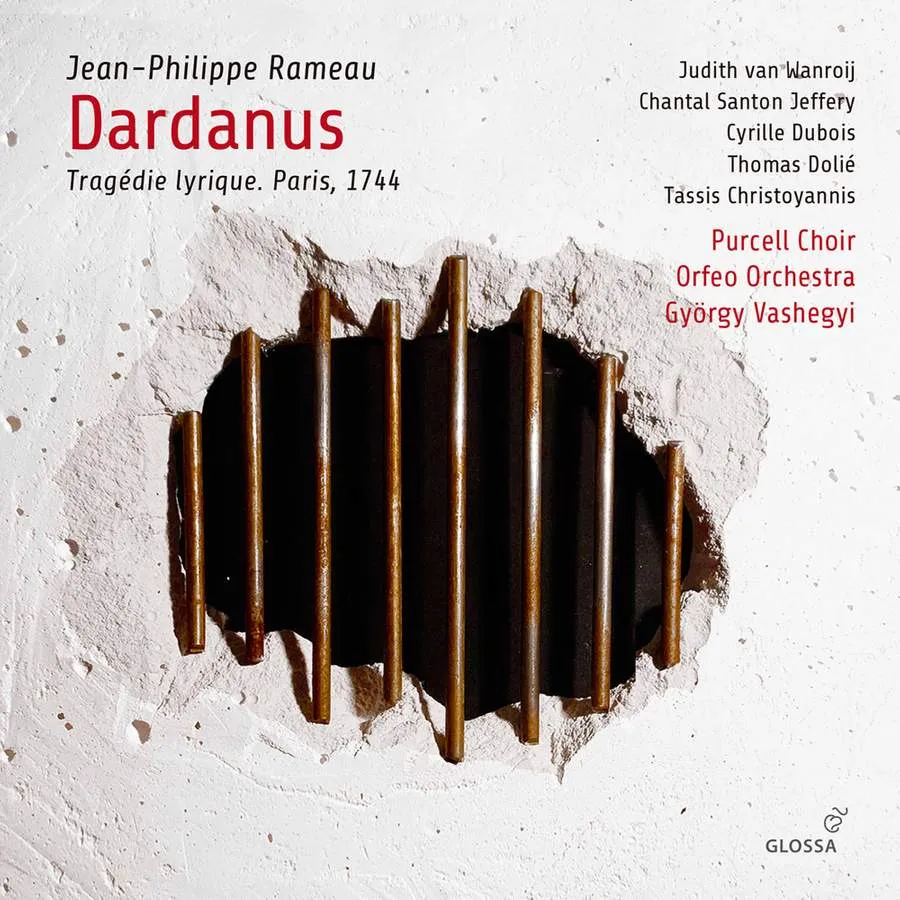
Rameau Dardanus Cyrille Dubois, Judith van Wanroij, Chantal Santon Jeffery; Purcell Choir; Orfeo Orchestra/György Vashegyi Glossa GCD 924010 168:37 mins (3 discs)
Dardanus offers a wide spectrum of instrumental colour and a rewarding expressive range second to none among Rameau’s operas. Yet the work’s premiere in Paris in 1739 was indifferently received, and Rameau and his librettist Le Clerc de la Bruère made sweeping changes for its revival in 1744. So much so, in fact, that Dardanus was then described as a nouvelle tragédie. Today’s artists must decide which of the two versions to perform, or whether to mix and match. György Vashegyi, broadly speaking, has followed the 1744 score, which notably contains an affecting prison scene in Act IV.
Loosely based on Book VII of Virgil’s Aeneid, the story concerns the love of the eponymous hero for Iphise, daughter of Teucer with whom he is at war. Inconveniently, Iphise is betrothed to Antenor, an ally of Teucer but, thanks to Venus and Rameau’s glorious music, she and Dardanus are at last married.
This exciting and full-blooded account has more historic coherence than any so far of this great opera. György Vashegyi, who already has three Rameau opera recordings to his name, has mustered a uniformly strong cast with lively characterisation from Antenor and Teucer, alpha males pumped to the hilt with testosterone. Sadly, Antenor’s ‘Monstre affreux’ (Act IV), and Iphise’s ‘O jour affreux’ were omitted from the 1744 version, but Dardanus’s ‘Lieux funestes’ (Act IV), with its distinctive bassoon accompaniment, passionately declaimed by high tenor Cyrille Dubois, offers some compensation.
The many and varied dances are injected with vitality and crowned by a generously proportioned concluding Chaconne, a movement of stature and eloquent grace.
Read more reviews of the latest Rameau recordings
Nicholas Anderson